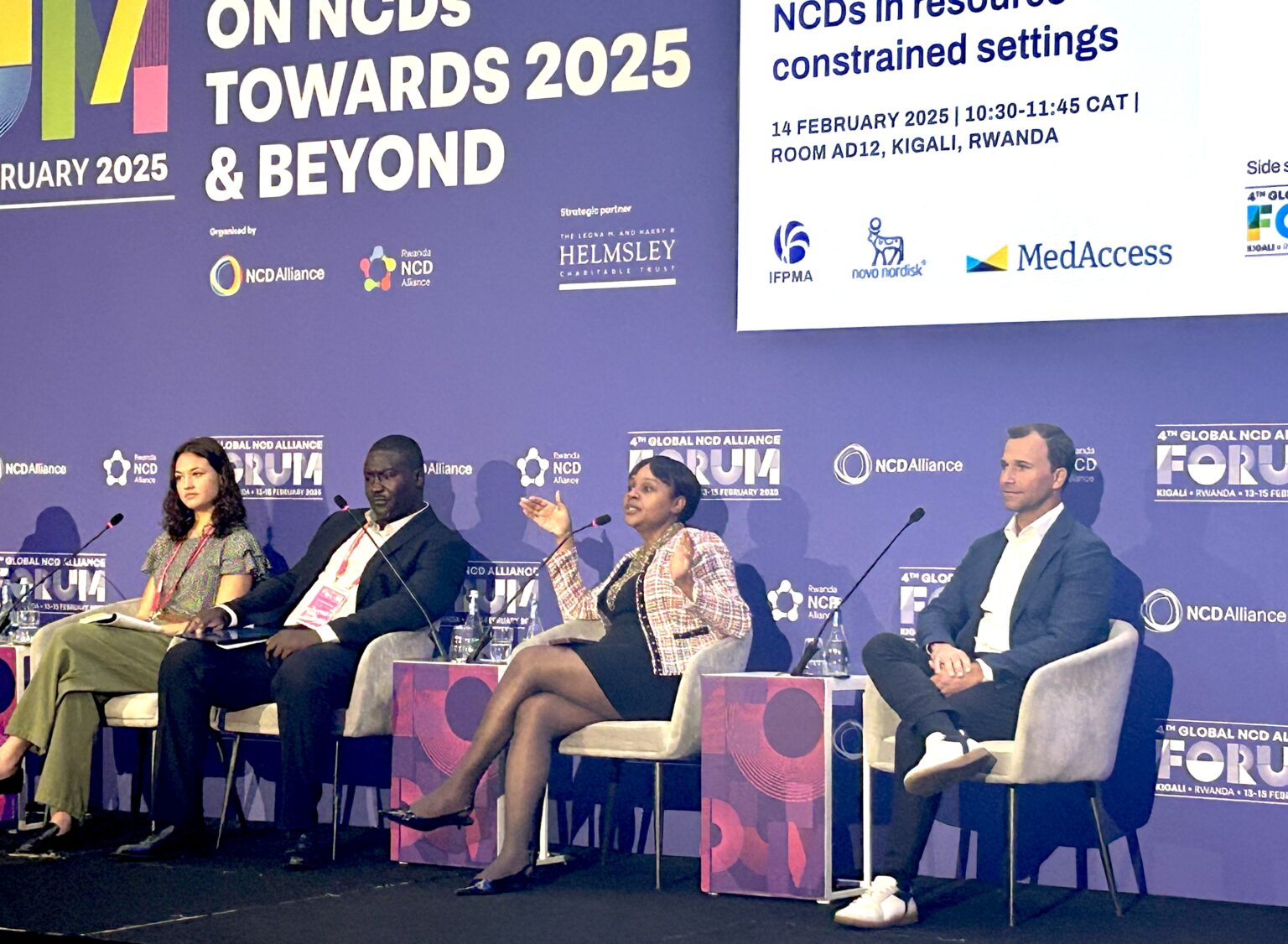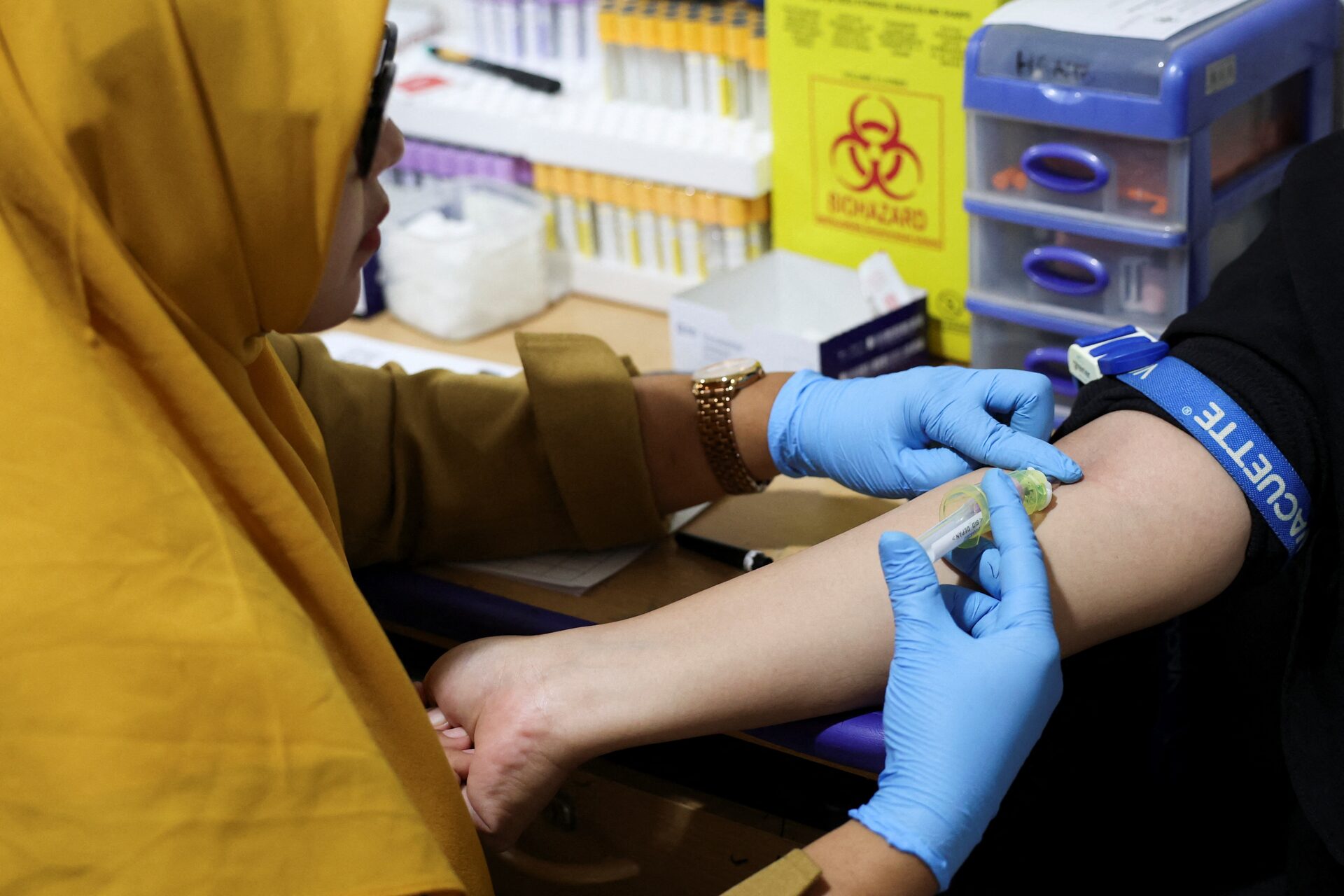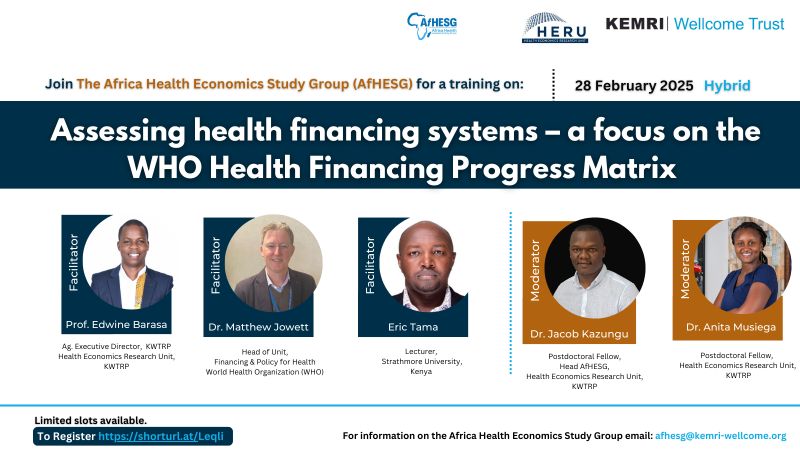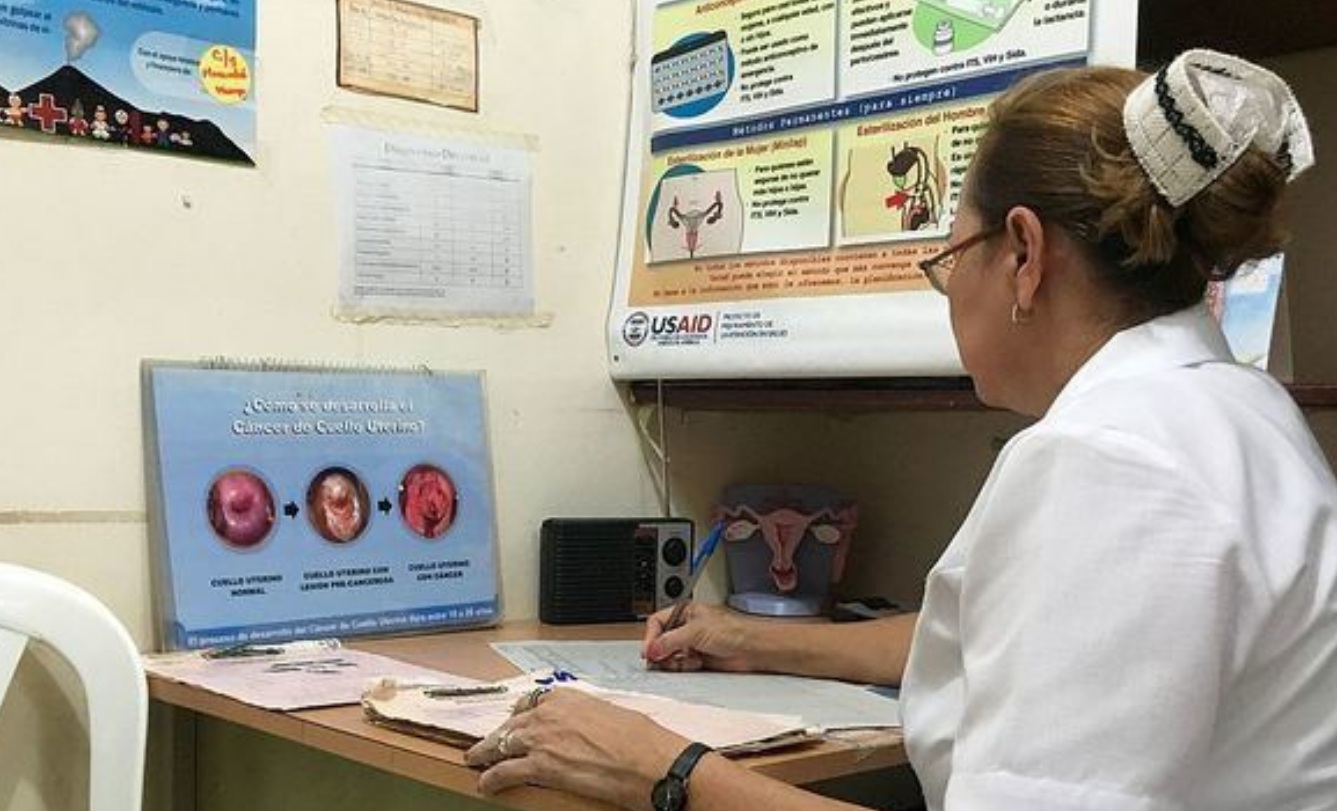Health care provider payment schemes and their changes since 2010 across nine Central and Eastern European countries – a comparative analysis
Published in Health Policy, this study by Ndayishimiye et al. analyses health care provider payment schemes across nine Central and Eastern European (CEE) countries. It examines changes since 2010, highlighting the widespread use of blended and output-based payment...

Governments explore innovative financing for NCD treatment
NCDs cause nearly 75% of global deaths, yet funding remains scarce. Experts at a Kigali forum called for increased domestic resources through excise taxes, pooled procurement, and public-private partnerships. Governments worldwide are under growing pressure to...
Factors influencing health care providers payment reforms in Central and Eastern European countries
A study in Inquiry: The Journal of Health Care Organization, Provision, and Financing by Costase Ndayishimiye, Marzena Tambor, Katarzyna Dubas-Jakóbczyk, and colleagues explores factors influencing health care provider payment reforms in nine Central and Eastern...

Luxembourg health system works well but access is unequal, report finds
Luxembourg's healthcare system is broadly effective, with high coverage and low unmet needs, but challenges remain, including access issues for vulnerable populations and a reliance on foreign medical staff. The system also lacks strategic public health initiatives...

Pharmaceutical manufacturers: between innovation and controlling healthcare costs
The government and the pharmaceutical industry have strengthened their partnership through the Comité économique des produits de santé and Les entreprises du médicament to combine competitiveness, access to innovation and cost containment as part of the Social...

Call for the International Convention “CUBA-HEALTH 2025”.
The international convention "Cuba-Health 2025" will take place in April of this year. This international conference addresses both single health issues, and guarantees for equity of access. The Ministry of Public Health of Cuba announces the V International...
Redefining global health in the 21st century: Towards a more equitable global health agenda
A commentary published in Global Public Health explores a reimagined framework for global health, drawing on Kate Raworth’s ‘doughnut’ economic model. Authors Michael J. A. Reid and Ingrid T. Katz examine how health systems can balance human well-being with...

Indonesia launches $183 million free health screening program
Indonesia has introduced a nationwide free health screening program to prevent early deaths, allocating 3 trillion rupiah ($183 million) to the initiative that aims to screen 100M people in 2025. Indonesia has launched its largest-ever health screening program,...

Stop TB’s global drug facility announces significant price reductions and new drug-sensitivity tests
The Stop TB Partnership’s Global Drug Facility announces a 54% price reduction for bedaquiline and introduces new drug-sensitivity tests, improving access to essential TB treatments and saving millions. In a major move to combat drug-resistant tuberculosis (DR-TB),...

Africa CDC allocates $1.6M to strengthen public health institutes across Africa
Africa CDC designates nine National Public Health Institutes as regional Centers of Excellence, allocating $1.6M for equipment, training, and capacity building to enhance disease control.The Africa Centers for Disease Control and Prevention (Africa CDC) has allocated...
A political economy analysis of the legislative response to unhealthy food and beverage marketing in Chile, Canada and the UK
Published in Globalization and Health by Springer Nature, the article A political economy analysis of the legislative response to unhealthy food and beverage marketing in Chile, Canada and the UK by Fiona Sing, Sally Mackay, Boyd Swinburn, and Kelly Garton explores...

Assessing Health Financing Systems – A Focus on the WHO Health Financing Progress Matrix
Join AfHESG’s upcoming training on assessing health financing systems using the WHO Health Financing Progress Matrix. Experts will explore sustainable strategies for universal health coverage.The Africa Health Economics Study Group (AfHESG) is back with a vital...
Financing for NCDs and Mental Health: Making the Money Work Better – Policy Brief
This World Bank policy brief explores strategies to improve financing for noncommunicable diseases (NCDs) and mental health services amid rising demand and constrained health budgets. Despite increasing healthcare needs, government spending remains insufficient,...

Improving CCSS health services with the most efficient use of resources
A good strategy to address health sector budget challenges is to be more efficient with resources. Meeting health needs at the primary level can avoid more costly treatment at the hospital level. Network management with integration of other social services and...

Investments for health in Nicaragua, 2025
The health system in Nicaragua is mostly managed and financed by the government. New investments for the sector are planned for the year 2025. The Nicaraguan television channel TV8 reported at the beginning of February this year that, in accordance with the national...
